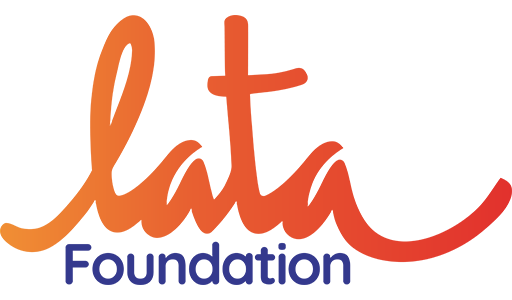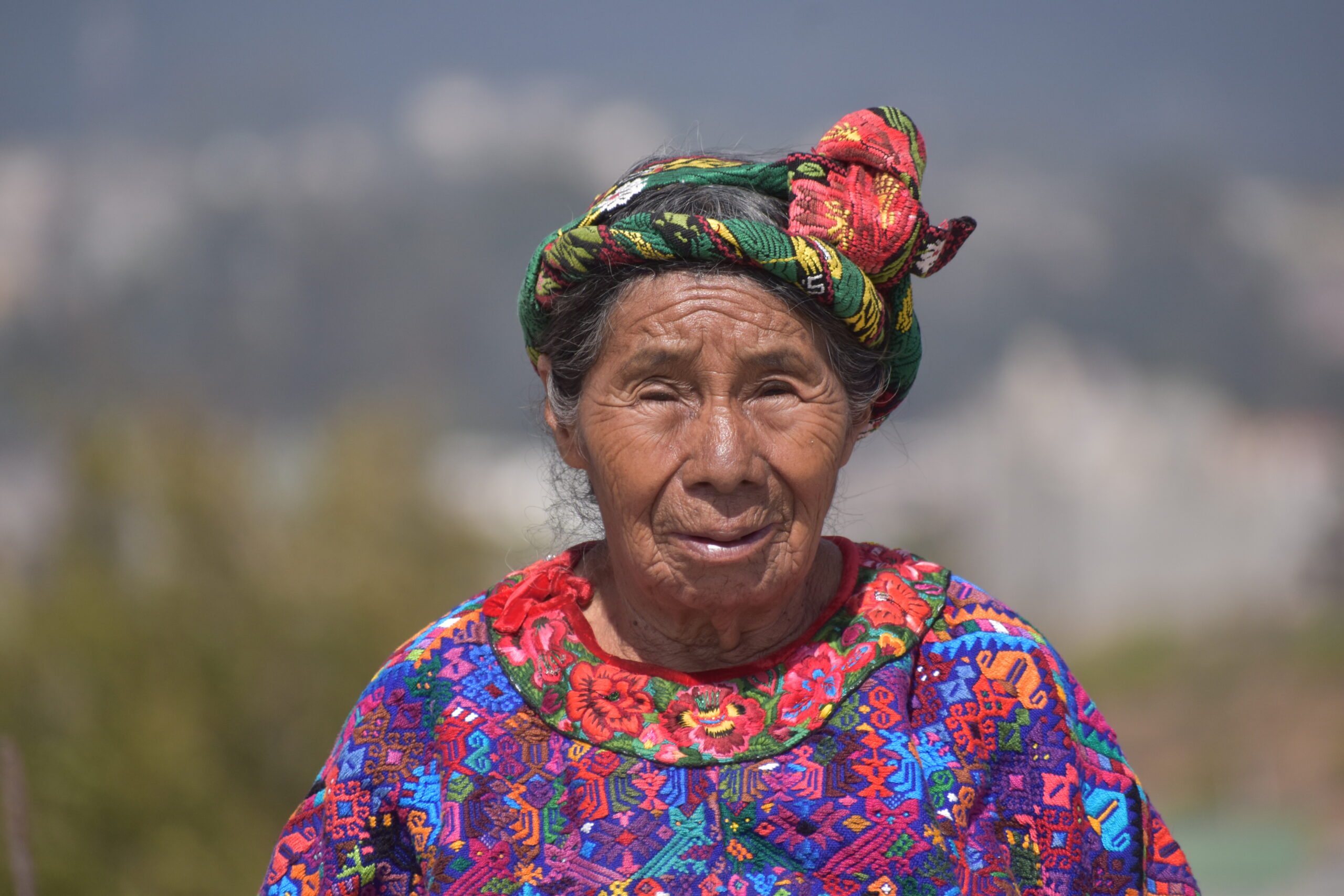Location: Quetzeltenango, Guatemala
The Project – Since 1999, Maya Midwifery International have acted as an advisory and fundraising board to the 71 Maya midwives who form the ACAM (Association of Midwives of the Mam Speaking Area). The midwives live and work in remote, desperately poor and malnourished indigenous Mam-speaking communities in Quetzeltango, Guatemala.
The ACAM Midwifery and Birth Center was built in Concepción Chiquirichapa in 2003 by MMI. It is the only medical facility in Guatemala owned and operated by indigenous midwives. Over 1300 babies have been safely delivered there and many more at home by ACAM midwives. The centre is staffed Maya midwives, a part time Mam speaking Managing Director and volunteer midwives, physicians, and public health specialists who mainly offer workshops and provide clinical mentoring to the midwives and apprentices. A doctor is attached to them and visits weekly to see the community and all the pregnant mothers. Community midwives come to the centre for monthly meetings and training sessions and to replenish birth supplies.
Our support – The LATA Foundation was introduced to MMI in 2019 and has funded basic medical equipment for the midwives such as foetal dopplers, kidney dishes, nasal aspirators, blood pressure cuffs with stethoscopes and an intravenous stand.
The extra cost of PPE and enhanced hygiene procedures required to provide safety during the Covid-19 pandemic has severely impacted the ACAM midwives, who cannot afford basic medical equipment under normal circumstances. In 2020 the LATA Foundation funded PPE, shoulder-length gloves, antibacterial soaps and the ingredients to make large quantities of medical grade hand-sanitizer and we will continue to support them in 2021 with extra PPE, cleaning and antibacterial products. Strict local lockdowns, which left many communities completely closed off and unable to access their crops or food markets, have lead to a loss of income and increased food insecurity and malnutrition, so additional funds will allow them to purchase large quantities of rice and protein in the form of beans, eggs and lentils for the midwives and mothers who are pregnant or have given birth.
How can you help? – Donate £30 to buy a blood pressure cuff & stethoscope. Donate here.
Further Information – ACAM midwives are providing vital care in deprived and marginalized communities. Most of the women in the Mam speaking communities do not speak any Spanish so cannot communicate with state-trained health professionals. Their communities are often so remote that they would not otherwise see a doctor, health visitor or midwife throughout their pregnancy and the birth and the risk of the new-born or mother dying is much higher. The cost of the equipment is beyond the reach of the midwives who like most of the indigenous community live in dire poverty. They are currently having to share basic items.
Necessary integration of traditional and clinical skills: Midwives in indigenous communities have a ‘calling’ to be a midwife – they traditionally train under an experienced midwife for 8 years. MMI is committed to supporting Maya midwives in clinical skill and in addition to their traditional training, the members of ACAM have been trained to use ultrasounds, blood pressure cuffs, blood pressure etc. Maya Midwifery are looking to ensure that some of the younger midwives, who speak Spanish, train to become nurses and funding has already been committed by another foundation to start the training.
Although the midwives encourage patients with risk factors or complications to go to the regional hospital, many of them refuse to go due to cost, lack of providers there who speak their indigenous language, superstition or prevention from their husbands. Midwives are not allowed to accompany their clients to the hospital or provide support and translation while there. Often the care in the public hospitals is so poor that patients leave. Until the government can provide clinical services that address the complex needs of the indigenous population in remote rural communities, the outreach care provided by the ACAM midwives is a lifeline, integrating traditional and clinical skills.

